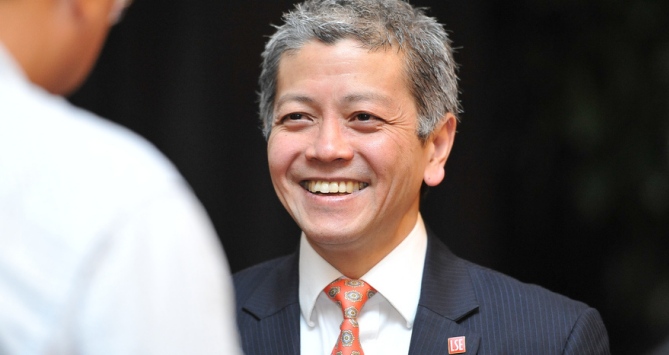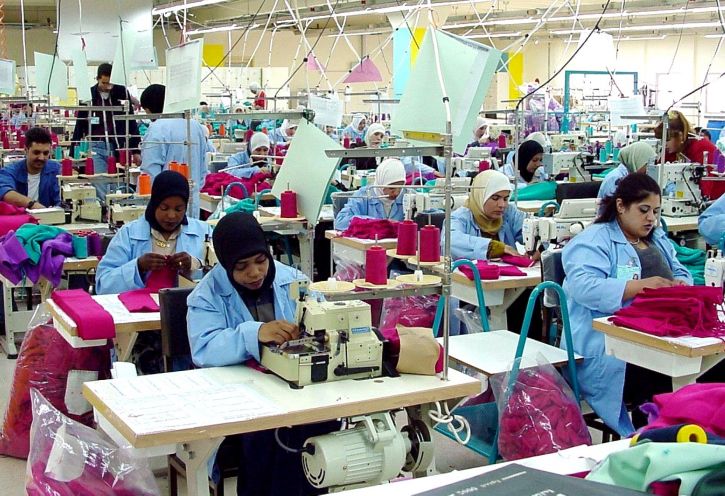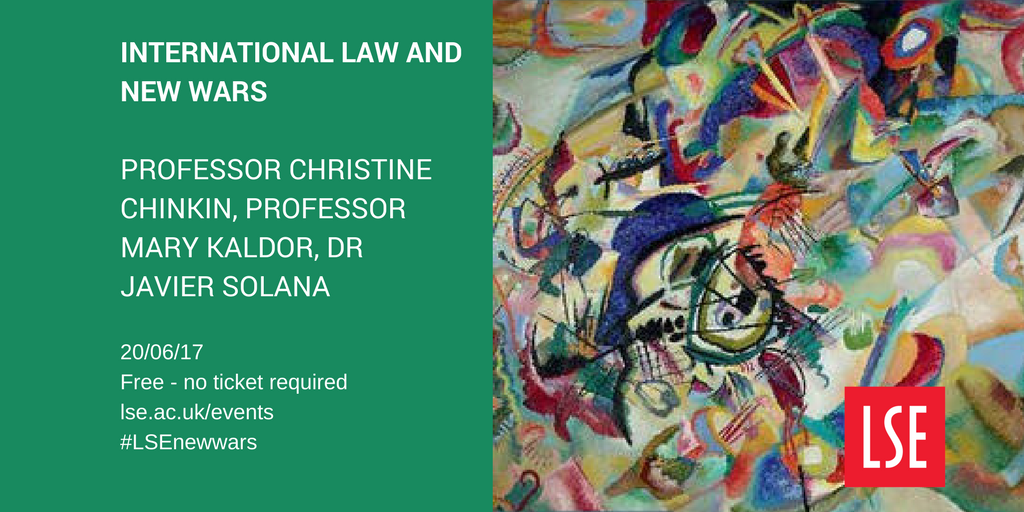Research Excellence Framework results confirm that since 2009 the LSE’s International Development department has become established as one of the leading departments of International Development study in the UK.
81% of work submitted for assessment was rated as world leading or internationally excellent, the highest ranking in the UK using this measure. The Department was also ranked joint first in the UK for the proportion of its research impact rated 4 star or 3 star.
This performance is due partly to research investment in six key areas: humanitarianism in war-torn societies; comparative political analysis of development; governance, civil society and informal politics; the politics of global health; development management; and development economics. Teaching and research in the Department examines broader processes in the global political economy, including as the context within which both national and sub-national processes occur.
ID also houses major research units including the Justice and Security Research Programme, Civil Society and Human Security Research Unit and the ESRC Non-Governmental Public Action Programme. It is also a stakeholder in the DfID-funded International Growth Centre, a joint venture with Oxford University.
The Department collaborates with policy makers and practitioners, as well as with a range of governmental, multi-lateral and bilateral organizations. These include the World Bank, the World Health Organization (WHO), the United Nations Development Programme (UNDP), the United Nations Conference on Trade and Development (UNCTAD), the World Intellectual Property Organization (WIPO), the UK Government (DfID, FCO), the European Union, NATO, and Commonwealth Heads of Government. Researchers also work closely with non-governmental development agencies, from Save the Children and Oxfam to national and local NGOs such as TERRA (Thailand) and the Karuna Trust (India).
This broad-ranging engagement influences policy and practice around the world. Research by Professor Jude Howell, establishing a set of principles for the effective working of civil society has, for example, been used in Australia to develop a new Civil Society Engagement Framework based on those principles. Its implementation has already led to an increase of more than $200 million in funding to NGOs.
Professor Mary Kaldor’s work on human security has profoundly influenced the design of European security capabilities, providing new guidelines in response to global conflicts and natural disasters. By informing the design of both national and EU-wide security and defence policies, the research has supported efforts to reduce violence, deliver humanitarian aid and restore civil society without resorting to military force.
Research examining attempts to control Neglected Tropical Diseases (NTDs) through Mass Drug Administration programmes has also had far-reaching impacts. By supporting the development of more locally sensitive – and therefore effective – strategies, work by Professor Tim Allen (with Dr Melissa Parker, Brunel University) is improving healthcare provision for the 1 billion people thought to suffer from NTDs.





